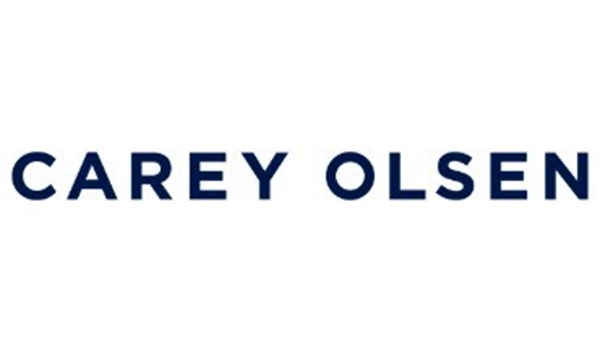
US: Trump escalates EU-US tax wars
he United States and Europe have long disagreed over tax rules affecting trade and investment. Battles between the 1960s and 1990s centered on the taxation of merchandise exports. Between the 2010s
A new analysis by HMRC of undisclosed foreign income by UK residents published today has identified £400m of under-declared tax from offshore income, with 16% of individuals not reporting and paying the correct tax.
HMRC’s undisclosed foreign income report estimated the extent of under-declared tax liability on foreign income by UK residents in the tax year ended 2018/19. The report uses data obtained through Automatic Exchange of Information (“AEOI”) agreements with other countries.
In 2018 HMRC received notifications of over 7 million accounts through AEOI which were owned by 3.9 million individuals. Of these, 3.2 million (82%) were individuals traceable to an HMRC record, so 700,000 account holders were untraced – potentially tax ghosts which HMRC will need to try to find.
Within the group of ‘traced’ individuals, 700,000 people appeared to have discrepancies between the data and their 2018/19 self-assessment tax returns. After checking a sample of just 400 individuals with discrepancies to assess the extent of non-compliance, HMRC found that only 16% of these individuals were non-compliant, with just 2% estimated to have underdeclared tax by more than £10,000.
HMRC has recovered £100 million of this so far, mainly via its nudge letter campaigns, while £300 million is still to be recovered. While these figures relate to 2018/19, HMRC usually has 12-years to assess income tax on offshore matters rising to 20 years where individuals failed to notify without a reasonable excuse.
Whilst this report is part of HMRC’s overall tax gap statistics, it is not a full ‘offshore tax gap’.
The estimates exclude potential company non-compliance, underdeclared foreign income from jurisdictions not covered by AEOI and other liabilities such as those from trusts, capital gains or inheritance tax relating to offshore matters.
Dawn Register, a tax dispute resolution partner at BDO said:
“It is absolutely right that HMRC seeks to ensure that UK residents with overseas income report this income accurately and pay the correct UK tax.
“HMRC now has access to much more international data than ever before and has gained significant powers over recent years to address non-compliance. It needs to make disclosures easy for taxpayers and use the data it receives wisely and effectively. Given that 55% of the under-declarations identified by HMRC in 2018-19 were for less than £1,000, the tax authority will need to be careful that the costs of investigation and recovery do not exceed the compliance yield.
“While these new figures don’t represent the full off-shore tax gap, they do challenge the notion that there are huge amounts of uncollected tax from individuals hiding money offshore.
“You also have to wonder whether HMRC’s focus on offshore non-compliance in recent years may have diverted its attention away from domestic tax fraud. The recent NAO report highlighting HMRC’s lack of a strategy to deal with tax evasion among small businesses in the UK is a case in point.
“Sadly, current levels of tax non-compliance are far too high in the UK, with the UK tax gap reaching £39.8 billion in 22-23. It is all too easy to make money and not declare it, operate in cash, evade VAT, fiddle expenses and all the other ‘every day’ tax evasion that riles the honest UK taxpayer and makes life harder for businesses and individuals that play by the rules.
“HMRC needs to double down on tackling tax fraud in the UK, including businesses and individuals – and we’d hope to see Rachel Reeves investing much more in HMRC resources to enable them to do this.”

he United States and Europe have long disagreed over tax rules affecting trade and investment. Battles between the 1960s and 1990s centered on the taxation of merchandise exports. Between the 2010s

Family members of Malaysia’s embattled former finance minister Daim Zainuddin are beneficiaries of a multimillion-dollar trust with investments in U.K. and U.S. real estate, documents obtained by

Hong Kong’s upcoming exchange-traded funds (ETF) that invest directly into cryptocurrencies could be attractive to many Asian investors, industry insiders say, but demand may still be a trickle compared

Press release from Carey Olsen, Friday 6 December, 2024. Carey Olsen’s FinTech practice has achieved two Band 1 practice area rankings and three Band 1 individual rankings in the Chambers FinTech